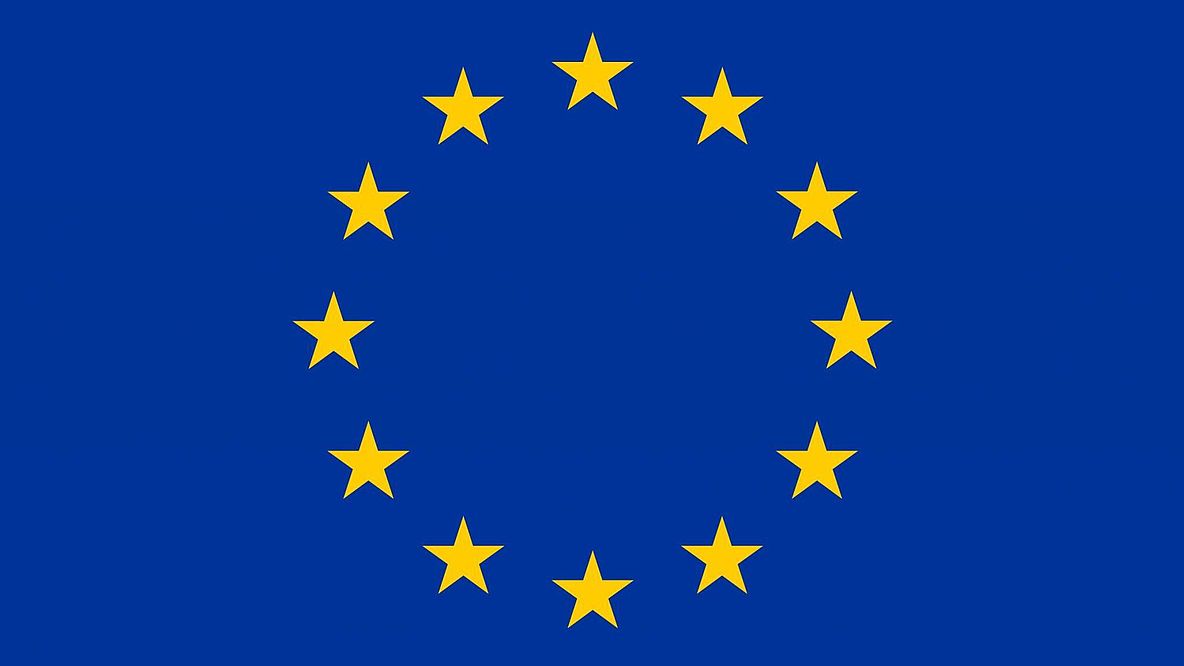Randomly selected citizens discussed EU

As part of the Conference on the Future of Europe, randomly selected citizens' panels discussed the future of the European Union in order to jointly formulate recommendations.
The question was how the EU should evolve to meet future challenges. The citizens' panels debated ideas from events across the EU as well as suggestions submitted via the conference website. The resulting recommendations were discussed with the EU institutions and other stakeholders.
Who took part?
There were four European Citizens' Panels, each consisting of 200 citizens. Participating citizens were randomly selected by an independent polling company according to five criteria to reflect the diversity of the EU: geographical origin (nationality and urban/rural), gender, age, socio-economic background and level of education. Young people between the ages of 16 and 25 made up one third of the participants in each forum, and a gender balance was maintained.
What will be debated?
Each Citizens' Panel addressed a number of important issues
- A Stronger Economy / Social Justice and Employment / Education, Culture, Youth and Sport / Digital Transformation
- European democracy / values and rights, rule of law, security
- Climate change and environment / Health
- The EU in the world / Migration
Members of the Citizens' Panels had the opportunity to raise additional topics. Independent experts were available to advise at the meetings.
When did the Citizens' Panels meet?
Each of the citizens' panels met three times. The first sessions took place over four weekends between 17 September and 17 October at the Parliament's premises in Strasbourg. The second sessions have been held online in November, and the third session have been held in various EU cities in December and January, pandemic conditions permitting.
What happens to the results?
Between 7 and 9 April 2022, the sixth meeting of the plenary of the Conference on the Future of Europe was held in the European Parliament in Strasbourg to discuss the reports of the nine thematic working groups, which presented them on 8 and 9 April to the plenary. Reports of each working group take account of most of the 178 recommendations made by the European Citizens’ Panels, some made by national citizens’ panels and a few made through the digital platform.
Each report consists of about five pages and up to seven objectives (or proposals) and between 16 (“migration”) and 61 (“employment, social justice and jobs”) measures, together about 350 measures. In accordance with Articles 17 and 18 of the Joint Declaration of the Conference, a final report was adopted at the last plenary session on 30 April 2022. The final report contains 49 proposals and 325 measures on various topics.
Final report
In the light of that debate, the Executive Board drew up its final report to the presidents of the European Parliament, the Council of the EU and the European Commission, who met with the 800 members of the European Citizens’ Panels and the members of the plenary on 9 May 2022 in Strasbourg. The collected proposals were handed over to the leadership of the European institutions - French President Emmanuel Macron for the Council, Commission President Ursula von der Leyen and Parliament President Roberta Metsola - on 9 May 2022.
Read more:
- EU citizens' panels recommends European citizens' assemblies
- EU citizens' panel recommends climate action
- Citizens' proposals on the role of the EU in the world
- EU Citizens' Panel supports European minimum wage
- Ten recommendations on the future of Europe
- European future with citizens' assemblies
- EU Commission President wants European Citizens' Panels
- Conference on the Future of Europe